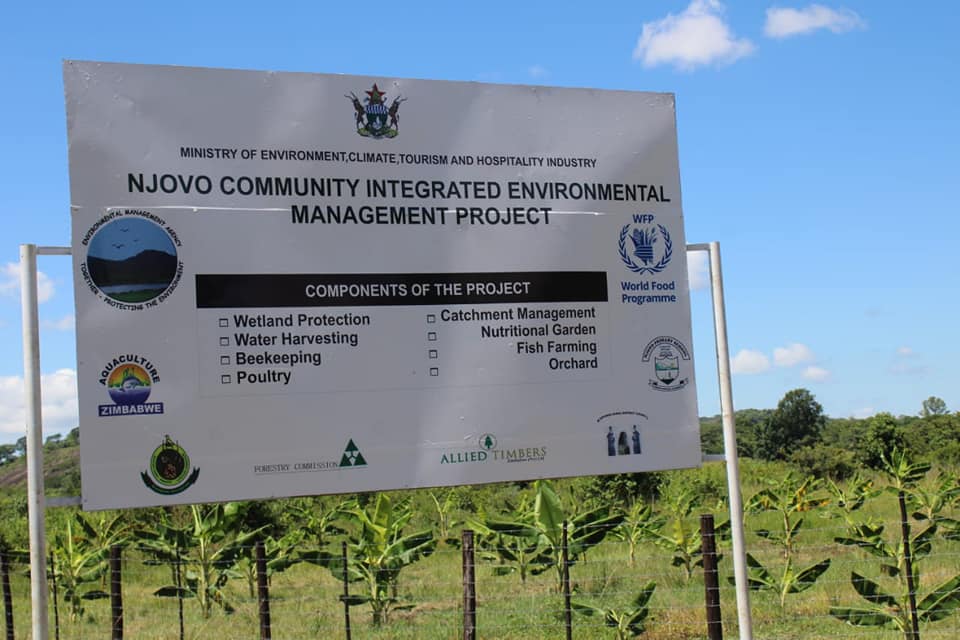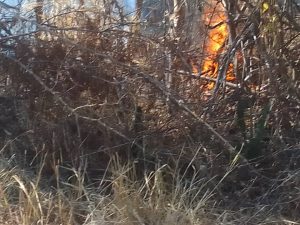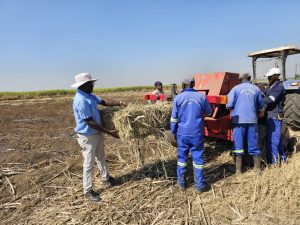
ECC Champion
A protected wetland in the Njovo community of Ward 16 Masvingo Rural District, under Chief Shumba, has received endorsement as a model of wetland protection which should inspire similar conservation efforts elsewhere in the country.
Covering a 2.5 hectare piece of land, the wetland is neatly-fenced and its vegetation is thriving; thanks to the Integrated Agriculture, Aquaculture Production System project which is being implemented in the area with support from the World Food Programme (WFP)
The fencing is part of the reclamation process, ensuring that livestock and humans do not pound the delicate ground with hooves and feet at will, and to make sure that they are not able to trample on its delicate vegetation.
Speaking at an event to mark the World Wetlands Day 2022 commemorations held at the place on February 02, Vice President Constantino Chiwenga said the Njovo Wetland provided an ideal example of how such resources ought to be managed.
“Njovo has demonstrated how such places must be protected. We must leave behind a country for the next generation. We are not the first generation, neither are we the last. There are generations of citizens that are coming.
“As we commemorate the World Wetlands Day 2022, we must raise public awareness on conservation, proper management and utilization of wetlands and their resources,” said Chiwenga, who also used the occasion to launch the National Wetlands Policy and the Wetlands Management Guidelines.
The wetland, which is managed a committee of community members, is now a budding haven for a variety of flora and fauna; such herbs as moringa which has medicinal properties, and many bird species.
It is onto this wetland that runoff water from Mashate Mountain, which is channeled by a trench built by community members under the Integrated Agriculture, Aquaculture Production Systems programme, is seamless released to help sustain its ecological balance.
The committee has installed dozens of beehives in the thick woodlot of the wetland, producing honey for sale.
On an adjacent piece of land, a banana and citrus grove is developing and it is hoped that the bees will obtain more of the pollen and nectar they need from the blossoming flowers of the trees.
The wetland is bound by Masvora River at its southern edge, and it is downstream this river that the giant Njovo Weir, which has spurned new agricultural activities by hundreds of villagers, was constructed under the same programme.
“This is a typical example of how communities must take care and benefit from their wetlands. I appreciate the implementing partners for this project, Aquaculture Zimbabwe and the Environmental Management Agency for this good example. I encourage all other communities to follow suit for the benefit of both present and future generations,” said Chiwenga in his closing remarks.
This report was made possible through support from WAN-IFRA Media Freedom’s Strengthening African Media Programme: Climate Change and Environmental Reporting. Views expressed here do not belong to WAN-IFRA.





